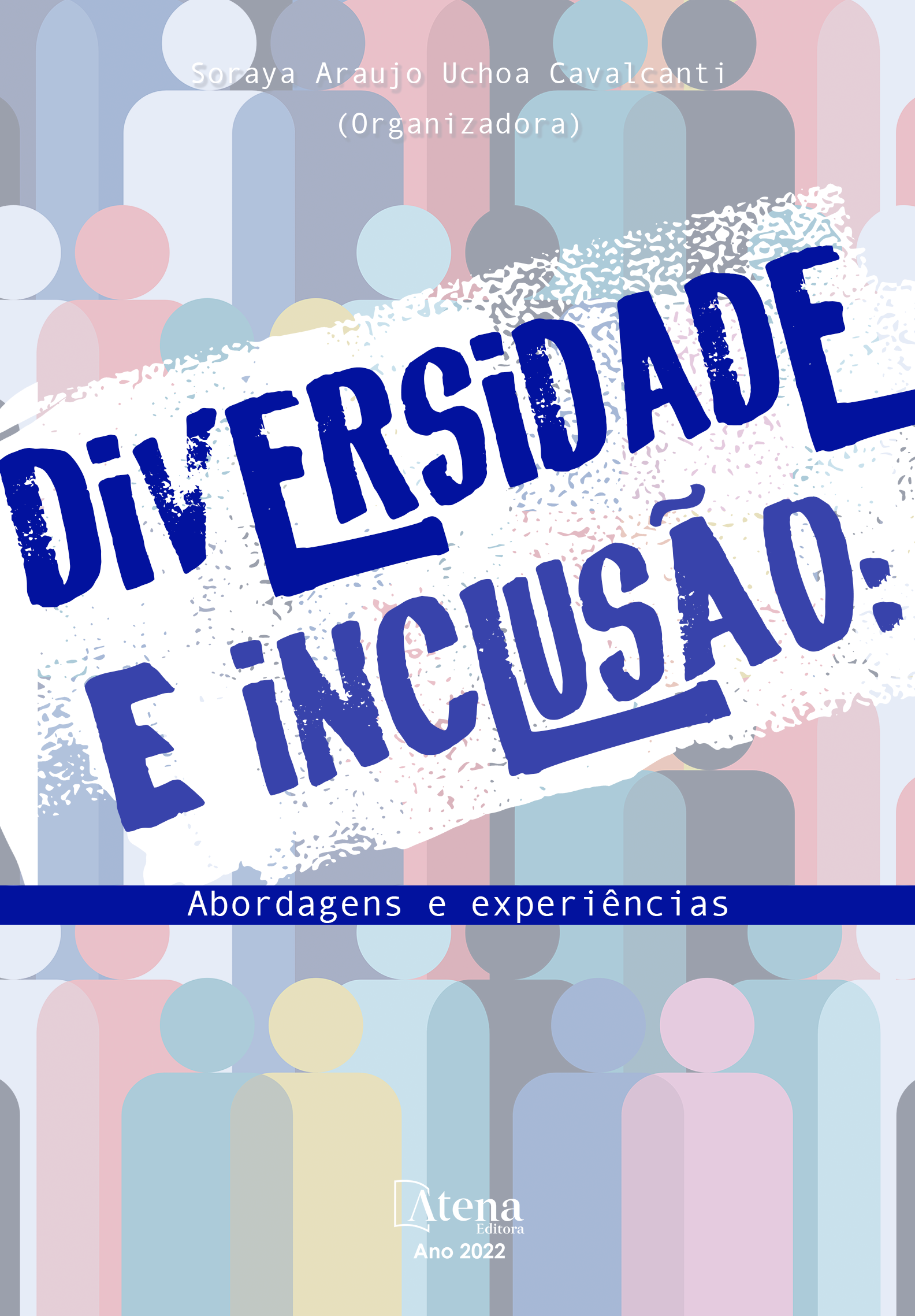
ASPECTOS E OS CONCEITOS DE ADAPTÇÃO NA INCLUSÃO DO ESTUDANTE COM DEFICIÊNCIA VISUAL NO ENSINO E APRENDIZAGEM DE MATEMÁTICA
Discorre-se neste trabalho sobre desafios do ensino e aprendizagem do estudante com deficiência visual mediante o ensino de matemática. Deste modo, objetiva-se, em linhas gerais, dificuldades enfrentadas pelo estudante deficiente visual no ensino e aprendizagem de matemática da matemática para o aluno com deficiência visual. Mais especificamente, objetiva-se também apresentar conceitos de adaptação que sejam contribuintes para esses estudantes, bem como relatar a utilização do desenho universal, juntamente com o papel dos educadores para a promoção de uma educação inclusiva. Para isto, procedeu-se metodologicamente por uma modalidade de estado do conhecimento, através de pesquisas bibliográficas que, nos trazem grandes provocações acerca do tema proposto. Fundamentou-se teoricamente em Mansini (2015); Ribeiro (2018), Canassa e Borges (2020), dentre outros. Neste sentido, verificou-se que as práticas educacionais que colaboraram para a educação inclusiva dos alunos com deficiência visual, promovem também uma expansão do saber e a inclusão dos mesmos na sociedade por meio da educação, haja vista, diversos fatores que dificultam essa propagação. Portanto, torna-se cada vez mais urgente debatermos e provocarmos assuntos pertinentes a melhoria na qualidade educacional do aluno com deficiência visual, buscando assim colaborar de maneira horizontal para o desenvolvimento intelectual, psicossocial e promover a inclusão cada vez mais.
ASPECTOS E OS CONCEITOS DE ADAPTÇÃO NA INCLUSÃO DO ESTUDANTE COM DEFICIÊNCIA VISUAL NO ENSINO E APRENDIZAGEM DE MATEMÁTICA
-
DOI: 10.22533/at.ed.9782215076
-
Palavras-chave: Desafios; Ensino e Aprendizagem; Matemática; Deficiente Visual.
-
Keywords: Challenges; Teaching and learning; Math; Visually Impaired.
-
Abstract:
This work discusses the challenges of teaching and learning for students with visual impairments through the teaching of mathematics. Thus, the objective is, in general terms, difficulties faced by the visually impaired student in teaching and learning mathematics from mathematics to the visually impaired student. More specifically, it also aims to present concepts of adaptation that are contributors to these students, as well as to report the use of universal design, together with the role of educators to promote inclusive education. For this, it was methodologically proceeded by a modality of state of knowledge, through bibliographical researches that bring us great provocations about the proposed theme. It was theoretically based on Mansini (2015); Ribeiro (2018), Canassa and Borges (2020), among others. In this sense, it was found that the educational practices that contributed to the inclusive education of students with visual impairments, also promote an expansion of knowledge and their inclusion in society through education, given that there are several factors that make this propagation difficult. Therefore, it becomes increasingly urgent to debate and provoke issues relevant to improving the educational quality of students with visual impairments, thus seeking to collaborate in a horizontal way for intellectual and psychosocial development and to promote inclusion more and more.
-
Número de páginas: 13
- Michelle Alencar Ferreira Gonçalves
- Ritianne de Fatima Silva de Oliveira
- Walber Christiano Lima da Costa
- Clarissa Raimundo de Ataide


